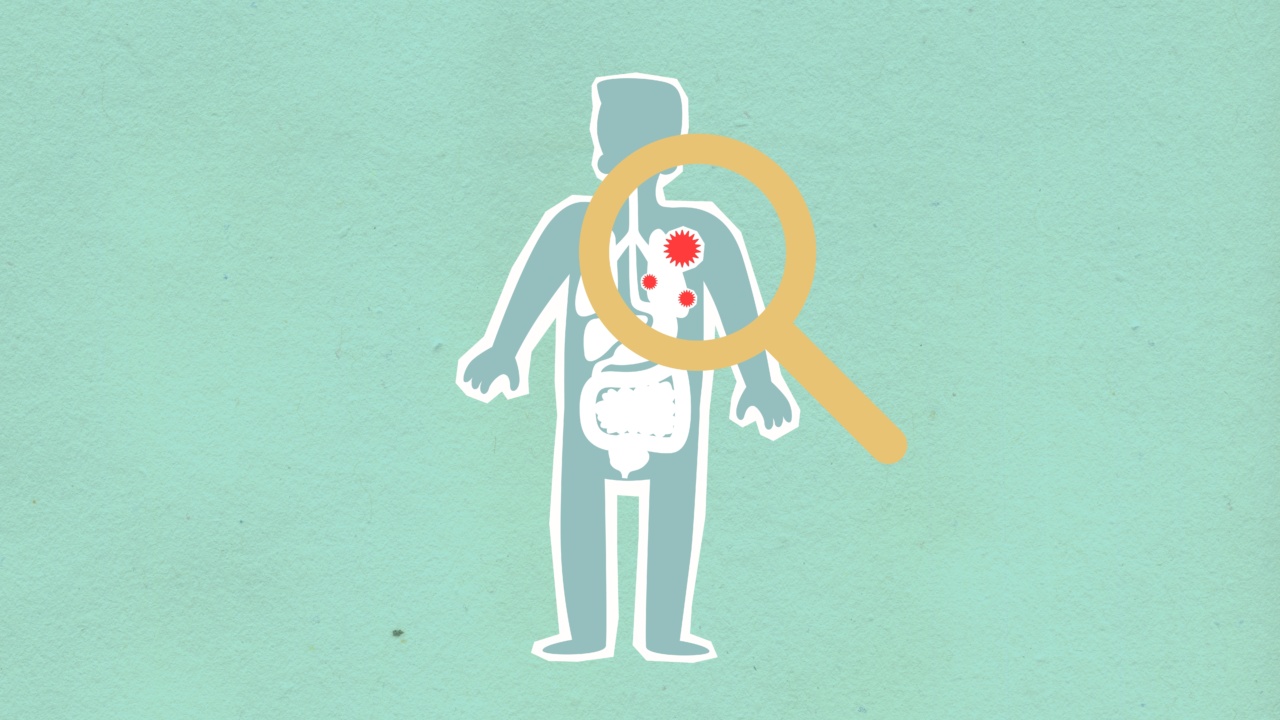Nighttime plays a crucial role in human life, as it is the time when our body rests and recovers from the day’s activities.
However, there is growing evidence that disrupted nighttime patterns, such as a lack of sleep, can have significant consequences on our health. In this article, we will explore the impact of nighttime on disease risk and discuss strategies for improving our sleep patterns.
The Importance of Sleep
Scientists have long understood that sleep is essential to human health. It is during sleep that our body restores and repairs itself, consolidates memories, and recharges our energy levels.
Lack of sleep or poor-quality sleep has been linked to a wide range of health problems, including obesity, diabetes, heart disease, and even cancer.
For example, studies have found that people who consistently get less than six hours of sleep a night are at a higher risk of developing type 2 diabetes, even after adjusting for other lifestyle factors.
Similarly, a lack of sleep has been linked to an increased risk of heart disease, as it can lead to inflammation and high blood pressure, both of which can damage the heart over time.
The Role of Circadian Rhythms
In addition to the quantity and quality of sleep, the timing of sleep can also impact our health. Our body’s internal clock, or circadian rhythms, regulates a wide range of physiological processes, including sleep.
Our circadian rhythms are influenced by a variety of factors, including light exposure, meal timing, and exercise habits.
Disrupting our circadian rhythms can have significant negative health consequences. For example, people who work night shifts or irregular schedules are at a higher risk of developing obesity, diabetes, and heart disease.
This is thought to be due to the disruption of key biological processes that are typically regulated by our circadian rhythms.
The Impact of Light Exposure
One of the most significant factors that can disrupt our circadian rhythms is exposure to light, particularly at night.
The blue light emitted by electronic devices, such as smartphones, tablets, and laptops, has been shown to suppress the production of melatonin, the hormone that regulates sleep-wake cycles. This can lead to difficulty falling asleep and staying asleep, as well as to a disruption of our circadian rhythms.
Poor sleep hygiene, such as using electronic devices before bedtime, can have further negative consequences on our health.
For example, a lack of sleep has been linked to an increased risk of depression and anxiety, as it can lead to mood disturbances and cognitive impairments.
Strategies for Improving Sleep
Fortunately, there are several simple strategies that we can use to improve the quality of our sleep and reduce our risk of developing health problems. Here are a few tips to help you get a good night’s sleep:.
1. Set a Consistent Sleep Schedule
Try to go to bed and wake up at the same time every day, even on weekends. This can help regulate your body’s internal clock and make it easier to fall asleep and wake up in the morning.
2. Create a Relaxing Bedtime Routine
Engage in relaxing activities before bed, such as reading a book or taking a warm bath. Avoid using electronic devices or engaging in stimulating activities, such as work or exercise, before bedtime.
3. Create a Sleep-Friendly Environment
Ensure that your bedroom is quiet, cool, and dark. Use blackout curtains or a sleep mask to block out any excess light. Remove any distractions, such as electronic devices or clutter, from the bedroom.
4. Limit Exposure to Blue Light
Avoid using electronic devices for at least an hour before bedtime. Consider using blue light blocking glasses or installing software on your devices that reduces blue light emissions in the evening.
5. Avoid Stimulants Before Bedtime
Avoid consuming caffeine, alcohol, or nicotine before bedtime, as these can interfere with sleep quality and disrupt circadian rhythms.
Conclusion
While nighttime is an essential time for rest and recovery, disrupted sleep patterns can have a significant impact on our health.
By understanding the role of circadian rhythms and taking steps to improve our sleep hygiene, we can reduce our risk of developing a wide range of health problems. Simple interventions, such as limiting exposure to blue light and creating a relaxing bedtime routine, can have significant positive impacts on our sleep quality and overall health.

























